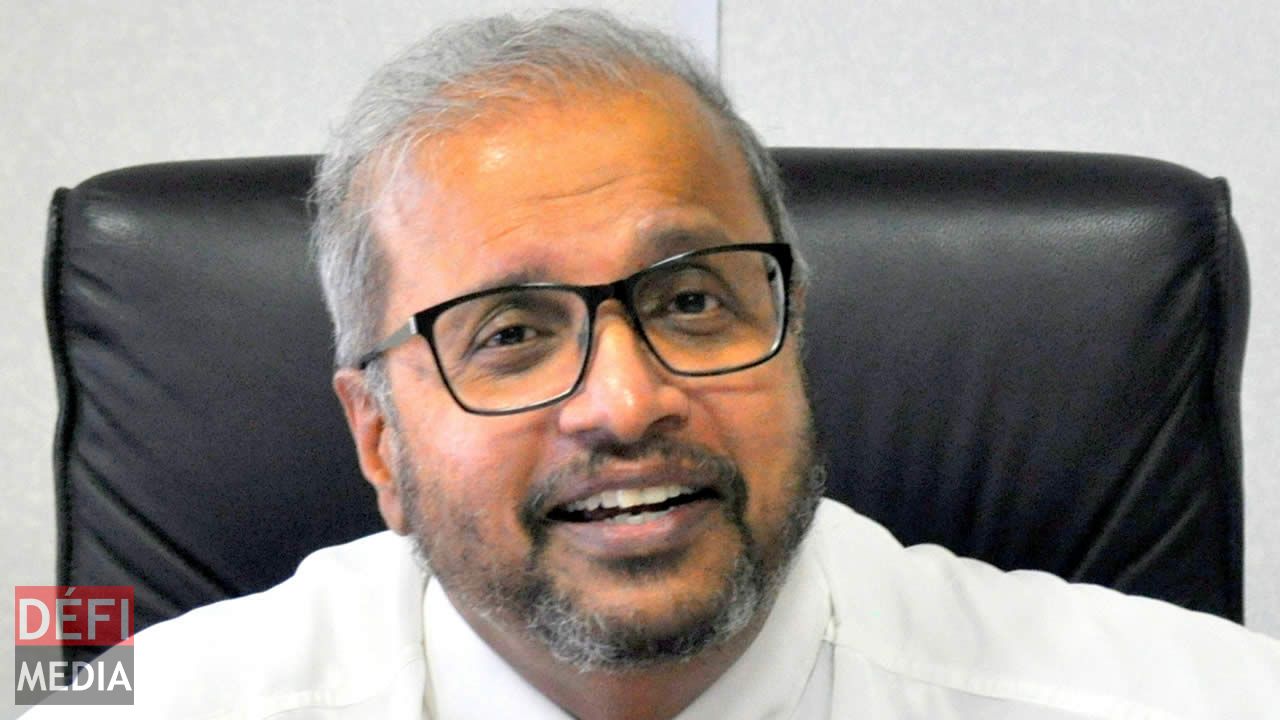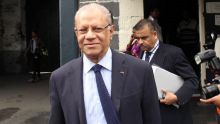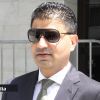
The Tertiary Education Commission, in collaboration with the Ministry of Education and Human Resources, the Tertiary Education and Scientific Research, the World Bank and the four public universities (University of Mauritius, University of Technology, Open University of Mauritius and Université des Mascareignes), is currently in the process of conducting a Tracer Study through an online Graduate Survey.
Publicité
The survey will target five cohorts of full-time degree graduates from the four public universities. All those who have graduated over the period 2013 to 2017 would have received an invitation via their email to participate in this survey.
This begets the questions: What is a Tracer Study and why is it important?
The questions were asked from Professor Sid Nair, Executive Director of the Tertiary Education Commission, who has had a long experience researching students’ voice and students’ experience in the tertiary sector. He stated that the formulation of any approach in the local tertiary sector, to improve the teaching and learning environment, has to include inputs from the main stakeholders, namely the students. Some of the inputs relate directly to the employability of the graduates. Hence, some of the themes being investigated, to allow informed decisions, are:
- Do we know where students go after they have graduated and whether the programmes they pursued were useful in seeking employment?
- Do we know if they were satisfied with their experience at the universities?
- Are we aware if these graduates had progressed to further their education or are they employed in the industry of their choice?
These are some of the questions that are often asked so that the curriculum and the teaching methods can be enhanced. Such information are not yet available for the public higher education institutions and leaves policy makers short of a complete picture of the students’ experience.
Mauritius has set itself the ambitious target of becoming a high income economy in the short to medium term, and as often said, the route to that objective is through the biggest asset of Mauritius, being inextricably linked to its human capital. Every year over 5,000 Mauritian degree graduates enter the labour market in search of a job. While many are able to find productive employment, still a significant number have difficulty to get one, even less in their field of studies. Yet the paradox is that many vacant positions requiring a degree remain unfilled within the economy, reportedly owing to a lack of relevant skills and competencies of those applying for these jobs.
Thus, a Tracer Study helps to monitor the output of the higher education sector, so as to better steer policy decisions in order to optimise our high-level human resources and minimise mismatch between the demand for and the supply of graduates in the labour market.
Tracer studies are usually carried out through graduate surveys, which constitute one form of evidenced-based study to appropriately evaluate the output of the higher education sector. Such surveys collect certain basic types of information concerning, amongst others, the level of employment, unemployment and under-employment amongst graduates, the contemporary undergraduate experience; and graduates pursing or achieving further qualifications. Such an exercise will assist in better planning at both the institutional and national levels, so that academic programmes are more closely aligned with the needs of the economy through an evaluation of the correspondence between educational qualifications and employment.
To come back to the Tracer Study currently being carried out, Professor Nair stressed that it is important for graduates who have been invited by their individual Universities to fill in the survey. Their valuable inputs, which will remain anonymous, will help policy makers obtain accurate and up-to-date information to not only understand the students’ experience and expectations but also to formulate appropriate policies and measures to improve further the public universities. It is to be noted that even developed countries such as Australia and Great Britain collect such information annually to help the government and the universities understand the needs of their graduates. This in turn results in enhancements and the development of new and innovative programmes.
Graduates are, accordingly, invited to participate in this important national exercise to assist our public universities to fine-tune their programmes and enhance quality, in line with the needs of the labour market. Prof Nair has indicated that filling in the survey form will allow the students to be considered for a lucky draw, with a number of very attractive prizes.
This article is published by the Defimedia Group in collaboration with the Tertiary Education Commission which bears sole responsibility for its content.

Notre service WhatsApp. Vous êtes témoins d`un événement d`actualité ou d`une scène insolite? Envoyez-nous vos photos ou vidéos sur le 5 259 82 00 !
















![[En images] Vallée-des-Prêtres : visite des élus de la circonscription no 4 avant le cyclone Bheki](https://defimedia.info/sites/default/files/styles/square_thumbnail/public/untitled_design_3_115.jpg?itok=U2gIFelO)




